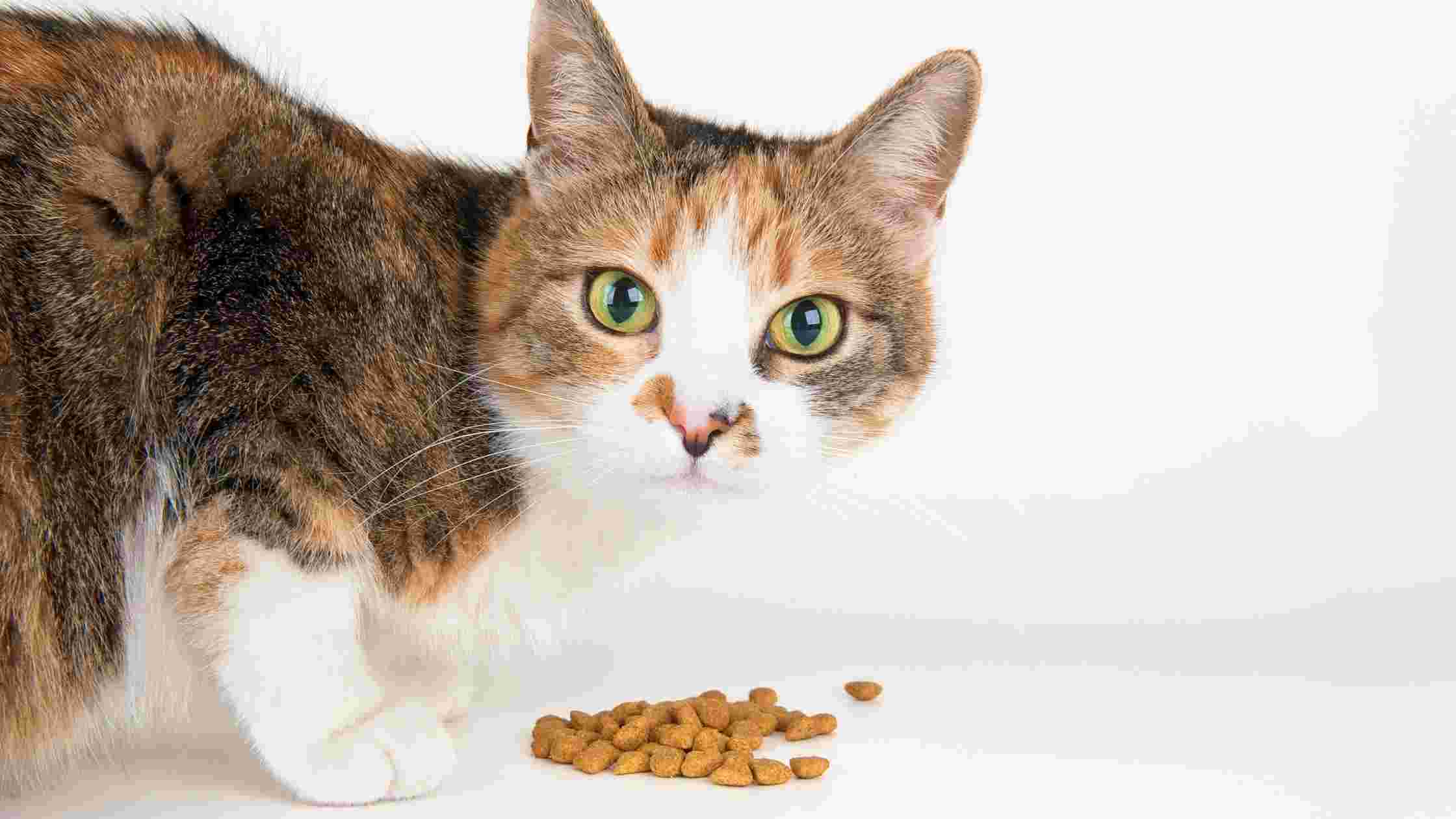Cats and kitties love to eat, and many owners love to spoil their beloved pets. However, some people believe that the ingredients in cat food can cause urinary problems for cats. The debate over whether it is healthy to feed your cat food with these ingredients has been going on for a long time and continues to be debated among vets.
Many vets believe that feeding your cat a specific type of cat food can cause a urinary infection. So the question arises,” does dry cat food cause urinary problems.” There are a few harmful ingredients in cat food that can cause a urinary tract infection to occur.
Also wondering what ingredient in cat food causes crystals in urine. Answering this willing babe like, “To a lot of minerals like calcium, phosphorus, and magnesium in feline food sources can prompt gems in the pee, which can produce urinary stones.
These ingredients may be contributing to your pet’s urinary tract infection because they have a high concentration of magnesium or potassium. These are among the most commonly used ingredients in cat food, making it very important to make sure you are feeding your cat a diet free of these ingredients if you do not want your cat to have urinary problems.
Does dry cat food cause urinary problems?
In the past, people have heard about drying off meat while still inside because it prevents moisture from coming into the body. This is not true! The problem with curing meats until they are adequately cooked means that water gets trapped between a surface layer of fat and an interior membrane of protein–a process called rinsing out your skin of all sorts – like you wouldn’t want to allow air through pipes after smoking cigarettes at work. You can see this happening during periods of high temperature on ovens where there are smoke rings ever.
Read Also – Can Puppies Eat Cat Food
Ingredients in cat food cause crystals in urine when used as a shower, toilet, or washtub liner.
It’s all good to have a little bit of fish in your cat diet. But if your cat is allergic to it, you should avoid it. If you have more than a few cats in a household, or if they are in multiple.
The ingredients in your cat’s food are toxic. These are no good to you unless you are allergic to them. If your pet is allergic, you have to take your cat to the vet for an exam and test to see any allergies.
Ash and Magnesium

Ash is the inorganic mineral content in cat food that splits over when the organic food part of food has been burned. The mineral content can be any mixture of calcium, magnesium, phosphorus, potassium, sodium, silicon, sulfur, and other particle minerals.
In the ’70s and ’80s, veterinarians thought debris was a factor in causing precious stones in the pee. They were confused about harmful ingredients in cat food sources created by veterinarians, and feline guards were searching for the reason for Feline Lower Urinary Tract Disease (FLUTD – some time ago known as FUS). There are, be that as it may, an assortment of causes and debris is not thought about as a factor in causing FLUTD.
Further exploration has shown that the principal issue was the detailing of business pet food sources: most pet food sources were making a more soluble pee (higher pH) which led to an expansion in struvite (magnesium ammonium phosphate) precious stones. Dry kibble eats more minor and is primarily defined with a high vegetable and grain content, making a more antacid pee. An all-meat diet, for example, a feline would eat in nature, creates a more acidic pee.
The magnesium content in food sources has additionally been embroiled in adding to FLUTD. Magnesium content, notwithstanding, is in all likelihood a minor giver contrasted with the impact of pee pH.
More Analysis of Ingredients in cat food for urinary problems
Studies have shown that enhancing the eating regimen with magnesium chloride didn’t make urinary precious stones structure in the pee up to an acidic pee was kept up with. Further examinations have shown that if the pee is at a higher pH of 7.5 or more, struvite precious stones will happen regardless of whether the eating routine is low in magnesium.
Magnesium is a fundamental mineral in the eating routine of felines and canines for various capacities, including energy creation, appropriate muscle work, heart well-being, bone development, and dental well-being.
Maybe then the particular magnesium content of food guards would be ideally serviced by searching for the fair proportion of Calcium, Phosphorus, and Magnesium in the eating routine which ought to be roughly Ca-1.3:P-1:Mg-.06. A lack of fundamental minerals in a creature’s eating way will ultimately prompt mineral lopsidedness and illness.
Conclusion

Some vets suggest that feeding your cat a diet consisting only of meat, fish, and vegetables can prevent urinary tract infections. This is because cats are carnivores, and they tend to develop urinary tract issues if their diets consist only of carbohydrates without enough protein.
However, many vets think this is a simple answer and not the best way to prevent urinary tract problems. Some believe that it is essential to feed your cat a balanced diet, and some will even recommend feeding your cat a diet rich in these ingredients on occasion.
It is all about moderation and doing what works best for your pet based on his individual needs for these vets.
This answers a few questions that might pop in your head for your cat’s health, like does dry cat food cause urinary problems, what ingredient in cat food causes crystals in the urine, what element in cat food causes allergies.

Leave a Reply